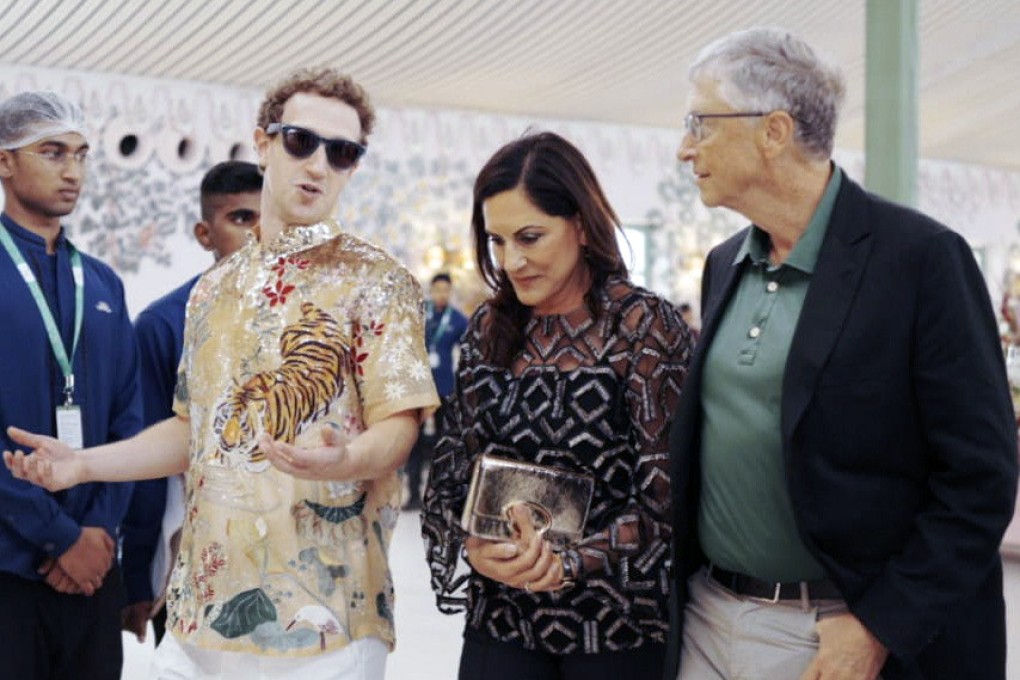Macroscope | In the short run, policymakers must fix the world’s equality problems
- Updating John Meynard Keynes’ seminal predictions, IMF managing director Kristalina Georgieva has set out a hopeful scenario for the next century
- But the outlook hinges on more sustainable and equitable growth – and international cooperation

It seems lately that futurology has become an exercise in pessimism. A climate catastrophe threatens, countries are at war, competition thwarts international cooperation, and human intelligence lives in fear of artificial intelligence. What is there to look forward to?
It does not help matters when idle optimism masquerades as realism in an attempt to counter such pessimism. Yet there are times when considered optimism can shine through the gloom.
I would count an address to King’s College, Cambridge, recently by IMF managing director Kristalina Georgieva, on the intellectual legacy of legendary economist John Meynard Keynes as one such occasion.
Georgieva acknowledged that the inspiration for her lecture came from Keynes’ 1930 essay “Economic Possibilities for Our Grandchildren”. (He studied and worked at King’s and became the father of modern macroeconomics, as well as one of the founders of the International Monetary Fund.)
The confidence she evinced in the future of mankind drew not just from Keynes, manifold though his strengths were, but also from the analytical skills which the IMF can bring to the table.
In founding the IMF, she said, Keynes brought “his vision, courage, and optimism – an unwavering belief in the power of humanity to make lives better over time, despite the setbacks brought by calamities – such as crises and wars”.
